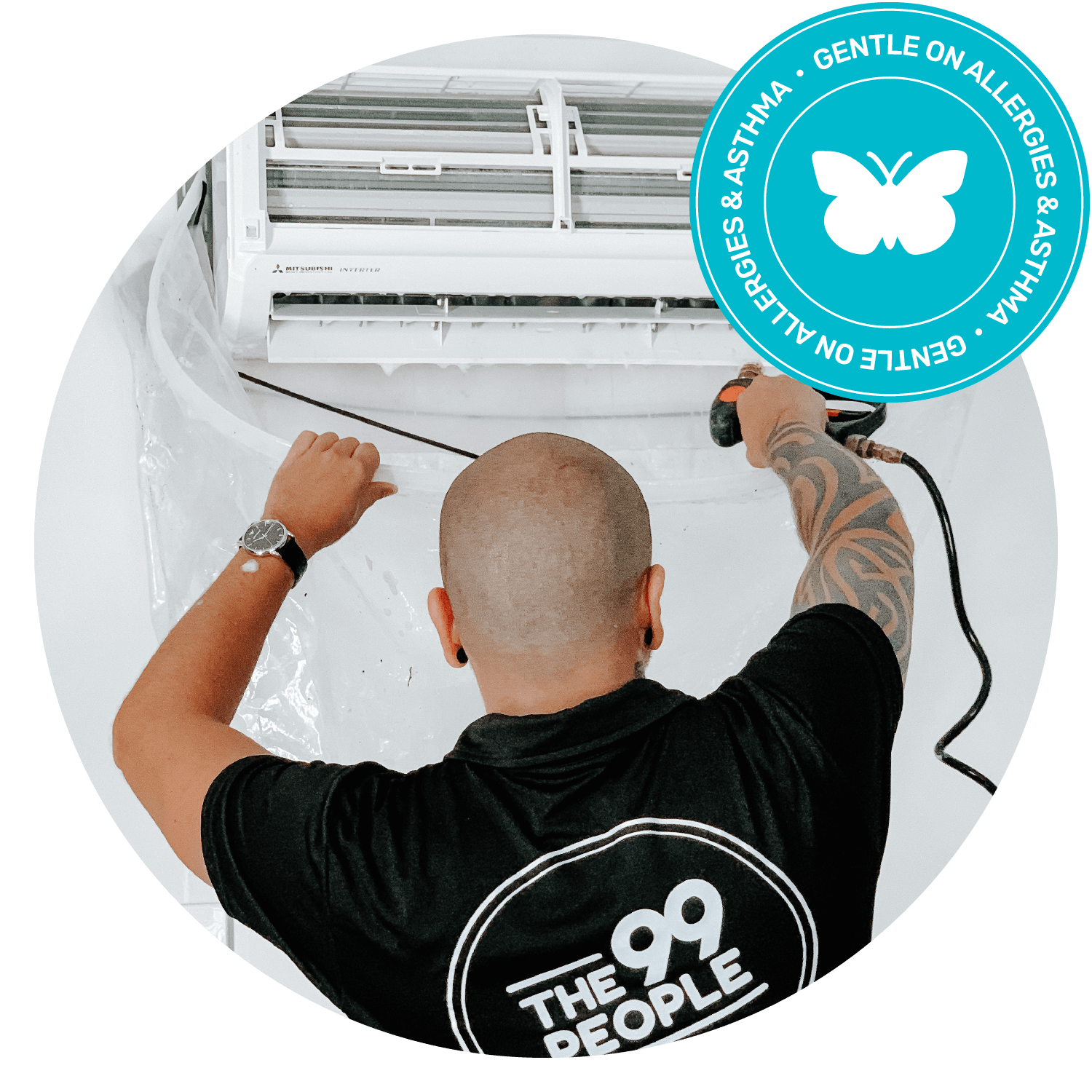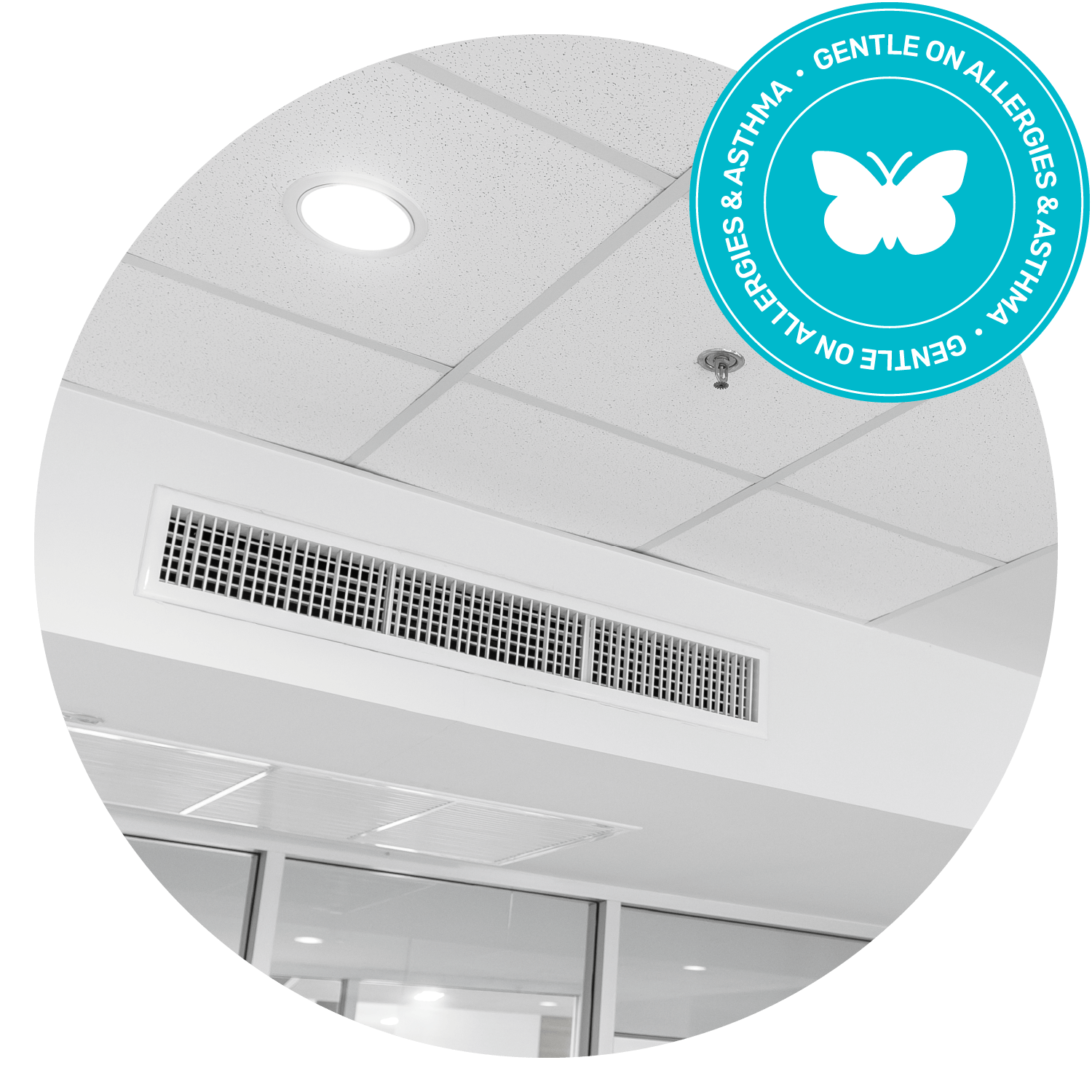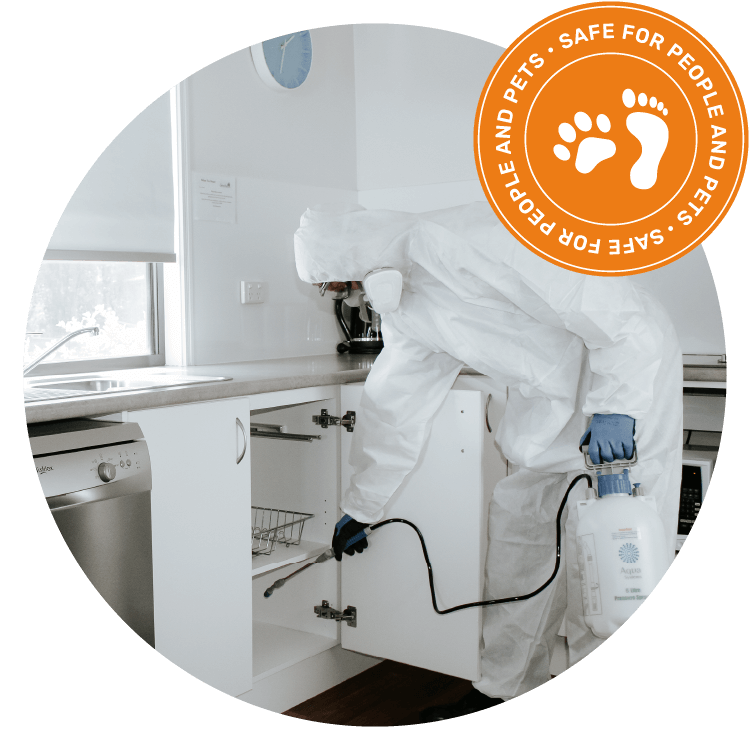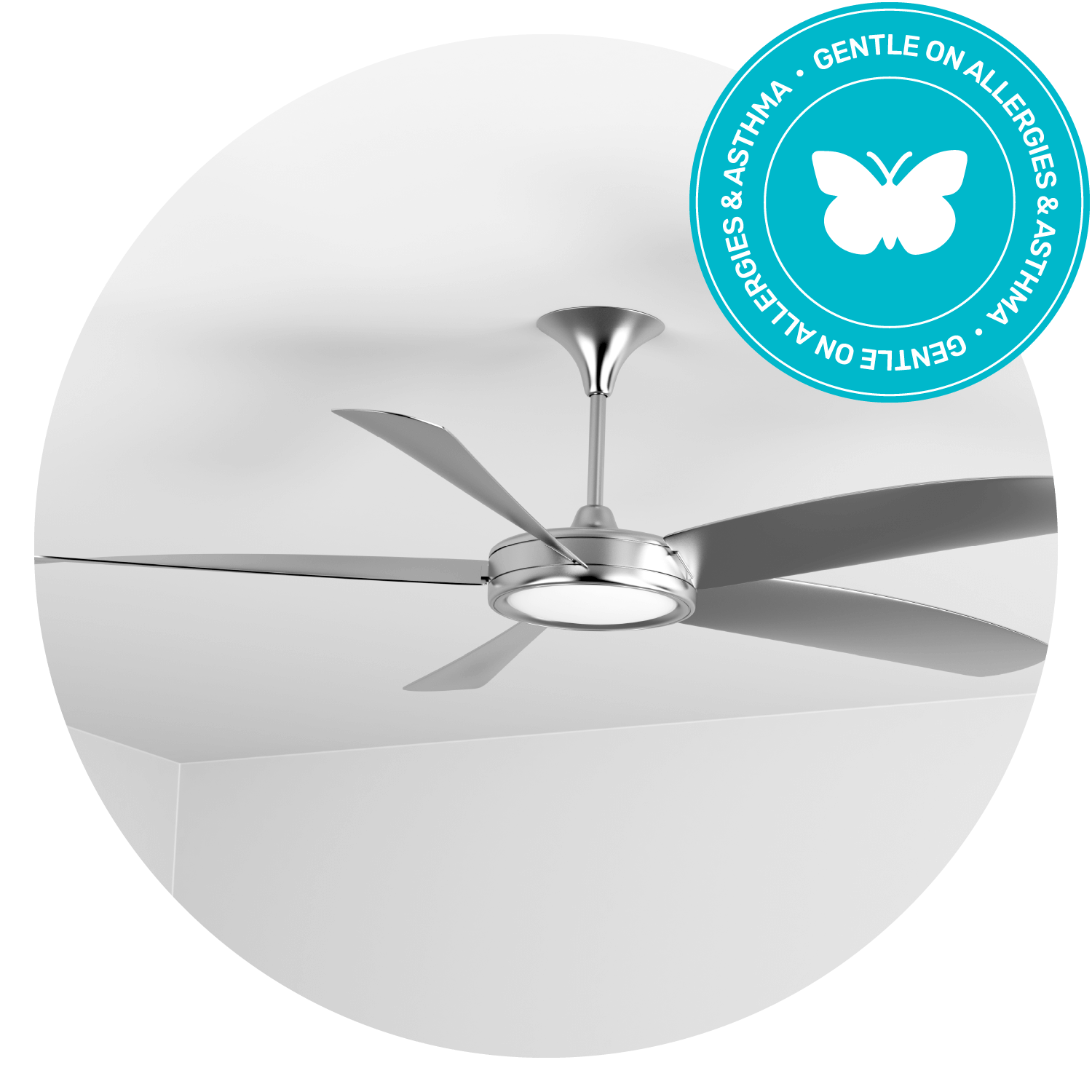SMOKE ALARM SAFETY TESTING
Don't Wait for Disaster to Strike. Get Your Smoke Alarms Tested!

Smoke Alarm Testing & Servicing in Brisbane, Sunshine Coast, Noosa, Gold Coast, Ipswich & Logan
Smoke Alarms Testing & Maintenance Services
The objective of smoke alarms is to detect smoke and warn people in the event of fire. A fire alarm system must be activated and in good working condition to ensure protection of your family in the event of a fire.
Also, most smoke alarms are powered by a battery. We can’t predict when the battery is going to die, that is why they need to be checked regularly with regular smoke alarm testing.
Smoke alarms save lives and that’s why at The 99 People we insist and recommend to test, complete a smoke alarm service and change batteries at least once a year.
At The 99 People we are experts in smoke alarm testing and we work all around South East Queensland including Brisbane, Sunshine Coast, and Gold Coast covering suburbs from South Brisbane to Noosa, Gympie, Logan and Ipswich.
- Compliance report provided for rental properties
- Safe and controlled procedures
- Fully licensed and comprehensive insurance
- Flexible appointments. We work on Saturdays too!
- Friendly and professional team
- 4.9 Star average rating on Facebook and Google
- 100% Customer satisfaction guaranteed
SMOKE ALARMS TESTING SERVICES
Smoke Alarms Testing - Packages to Suit Your Needs
Each household will have its own needs. At The 99 People we have designed different packages that will suit most households. If you are unsure of which option to choose – contact us and we will customise a solution for you.

Smoke Alarms
Single Storey Home
- Inspect smoke alarms to ensure they are active
- Test smoke alarms with "real" smoke
- Ensure smoke alarms are not in dead areas
- Clean smoke alarms sensor
- Replace smoke alarms batteries
- Full compliance report of service for rental properties

Smoke Alarms
Double Storey Home
- All services included in the Standard Package
- All services carried out on second storey
- Full compliance report of all services
When Should I Service My Smoke Alarm?
We recommend that you service your smoke alarm regularly – typically once every six months (or more frequently, depending on usage). In addition, it’s important to replace your batteries once per year or whenever they start to run low. This will help ensure that your fire detector is always operational and ready for action if needed.
⚠️ QLD Smoke Alarm Regulations
Queensland smoke alarm legislation has recently changed.
If you are selling a house in Queensland, you must comply with the new Queensland smoke alarm laws. If you don’t, then the buyer can penalise you .15% of the contract price at settlement.
If you are a landlord, then you must comply by the next lease renewal from 1-1-22 or before a new lease commences from 1-1-22.
The requirements are:
- All Queensland dwellings must have interconnected photoelectric smoke alarms in all bedrooms and hallways that connect bedrooms.
- Smoke alarms older than 10 years must be replaced.
- Faulty smoke alarms must be immediately replaced.
- Any smoke alarm fitted after 1st January 2017 must be photoelectric and compliant with Australian Standard 3786-2014.
SMOKE ALARMS SERVICE
Do You Own a Rental Property?
As you may already know, Landlords are required by law to test and clean each smoke alarm in the dwelling at least once every 12 months or on change of tenancy. The smoke alarms that do not operate when tested must be replaced immediately.
The 99 People smoke alarms testing service can provide you with a full compliance report for rental properties to ensure you comply with the law, and you have the compliance report to prove it.
If you have other services that you need at your property, such as pest control or air conditioning cleaning we can offer discounts for packages of different services.
IMPORTANCE OF SMOKE ALARMS
Why Use Photoelectric Smoke Alarms?
Photoelectric smoke alarms are an important safety tool for any home or business. They protect from smoke and heat detection and are a vital early warning system for fires.
Photoelectric smoke alarms take advantage of light-scattering technology that is highly sensitive to smoke particles, making them much faster and more reliable than traditional detectors. These smoke alarms can detect smoke quickly and sound an alarm if smoke concentrations exceed the pre-set levels, allowing people plenty of time to leave their homes in the case of a fire.
This technology is also safer than its traditional counterparts as it uses less electricity, meaning less chance of false alarms from cooking or other activities. In short, photoelectric smoke alarms offer superior protection against fires while still being energy efficient – making them a must-have for anyone looking to ensure their family’s wellbeing.
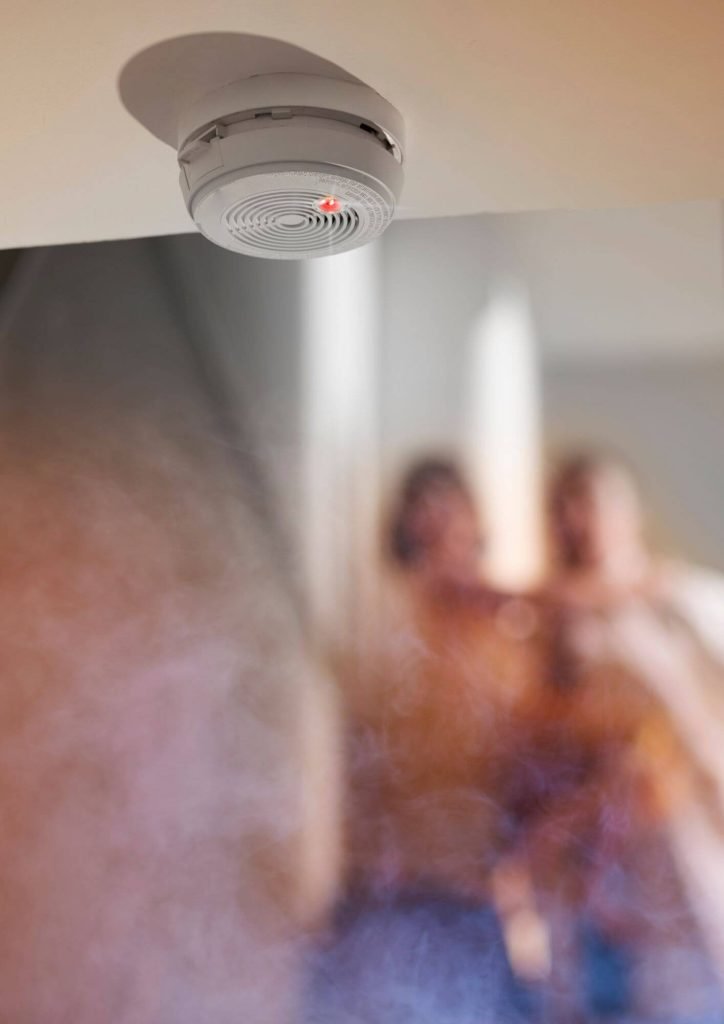
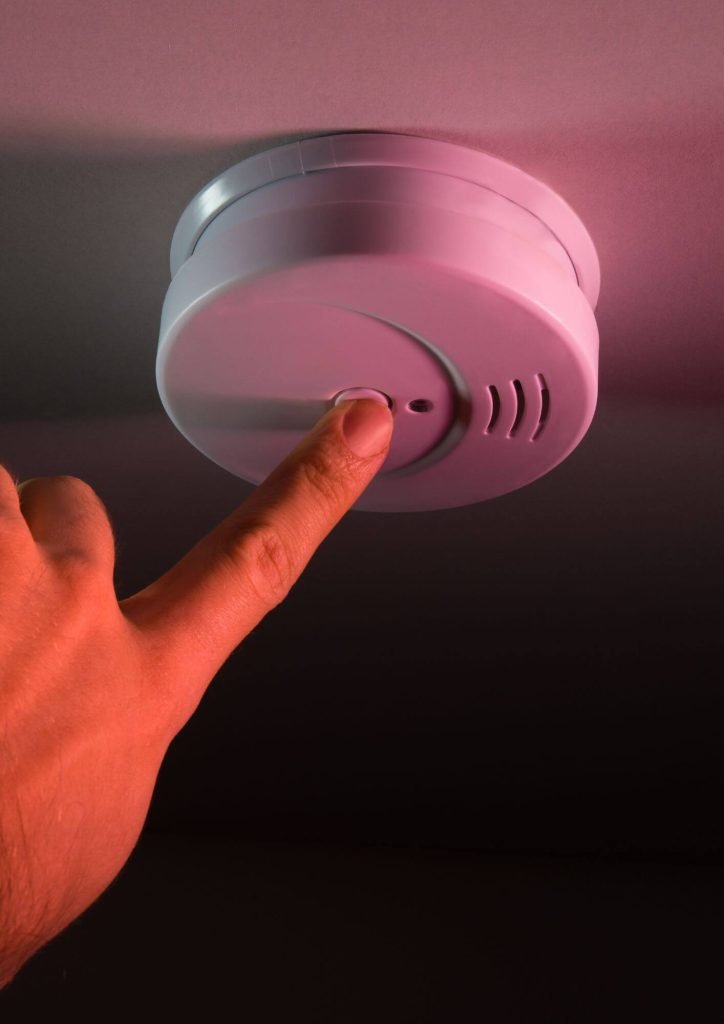
How to Know if Your Smoke Alarm is Defective
Smoke alarms are essential for safety, but if a smoke alarm is defective, it can be dangerous. Therefore, it is important that you verify that smoke alarms are working properly regularly. To do this, you should test smoke alarms at least once a month by pressing the test button and listening to the alarm to ensure it is loud and clear. If the smoke alarm does not sound when tested, then replace it immediately with a new smoke alarm and check its expiration date to be sure.
Additionally, smoke alarms should be replaced when they reach their expected lifetime of around 8-10 years. Keep in mind that smoke alarms installed in kitchens or near bathrooms may need to be replaced more frequently due to potential exposure to steam and cooking smoke during everyday activities.
By following these steps, you can ensure that any smoke alarms within your home are working correctly, so you can rest assured that your family is safe from fire hazards.
TESTIMONIALS
What our clients say
People are at the heart of what we do; we like to ensure that everyone is happy with our services. Here’s why our customers give us 5 stars.
Stacy was thorough when cleaning our air con units and was friendly and polite. Thanks for a great job. Would highly recommend this company.
We had a great experience with Brock, who recently cleaned our air conditioner. He was punctual, professional, and very thorough with his work. The unit is running much more efficiently now, and the air feels noticeably fresher. Brock also took the time to explain what he was doing and gave us some helpful maintenance tips. Highly recommended for anyone looking for reliable and quality service!
James was great, cleaned all air conditioners, we are very happy, thank you 99People.
OUR SERVICES
Other Services We Offer
The 99 People can take care of all services in just one visit. Save time managing multiple appointments and save money as discounts are offered for multiple services booked at the same address.
THE 99 PEOPLE
Frequently Asked Questions
What smoke alarm should I install?
It’s recommended that you install Photoelectric Smoke Alarm as they sense slower, smoky fire, for example an electrical fire that starts within your walls.
What are the testing and maintenance requirements for smoke alarms?
You are required by law to test and clean each smoke alarm in the dwelling at least once every 12 months. Queensland Fire and Emergency Services (QFES) recommends smoke alarms are to be tested once a month. To test a smoke alarm, press the ‘test’ button. Cleaning should be done according to the manufacturer’s instructions, which is usually vacuuming. Smoke alarms that do not operate when tested must be replaced immediately.
What is required by law regarding smoke alarms?
Smoke alarms that are installed or replaced after the 1 May 2017 must comply with Australian Standard. Existing smoke alarms manufactured more than 10 years ago must be replaced with photoelectric smoke alarms which comply with Australian Standards (AS) 3786-2014. (Note: the date should be stamped on the back). It is also recommended that: Smoke alarms be either hardwired or Powered by a non-removable 10-year battery; and Ionisation smoke alarms be replaced with photoelectric type as soon as possible. Queensland legislation now specifies that all new and renovated dwellings must install interconnected photoelectric smoke alarms; with all other homeowners – including property rentals, guesthouse and bed and breakfast operators – required to comply by 2022.
Are smoke alarms compulsory in rental properties?
Landlords are responsible for the installation of smoke alarms that comply with new Smoke Alarm legislation, introduced on 1 January 2017. The regulations stipulate that smoke alarms are to be installed on every level of the property and a carbon monoxide alarm in any room containing a solid fuel burning appliance. Within 30 days before the start of a tenancy in a domestic dwelling, the lessor/landlord must test and clean each smoke alarm in the dwelling. During a tenancy in a domestic dwelling, the tenant must test and clean each smoke alarm in the dwelling, at least once every 12 months. Queensland legislation now specifies that all new and renovated dwellings must install interconnected photoelectric smoke alarms; with all other homeowners – including property rentals, guesthouse and bed and breakfast operators – required to comply by 2022.
Why Photoelectric smoke alarms?
Research by the Australasian Fire and Emergency Service Authorities Council indicates that photoelectric smoke alarms provide the best detection across a range of fires and are more likely to alert occupants in time to escape safely. For both flaming fires and smouldering fires, photoelectric smoke alarms are more likely to alert occupants in time to escape safely.
How do I know if my smoke alarm is faulty?
Your smoke detector might start beeping – a sign that you need to replace the batteries – or, a green light will go off or turn red. Your smoke detector might just sound an alarm that won’t turn off until you yank it down from the ceiling and disconnect the bad battery.
Does the ‘test’ button really test the alarm?
The test button causes a reflective material to go in front of the light emitting eiode (LED), causing light to scatter throughout the sensing chamber similarly to the way smoke particles would. This tests the unit completely, not just the battery.
SAFETY NOTE: Never test your smoke alarm with real smoke!
Why am I getting a false alarm when I can't see smoke?
Photoelectric smoke alarms are less likely to false alarm. There are five main reasons that smoke alarms would activate for no apparent reason.
They are near or past their ten-year life.
The backup battery requires replacement.
The wrong type of smoke alarm has been selected for the location.
They have a build-up of dust, insects or other particulates.
They are in the wrong location (e.g. too close to cooking fumes from the kitchen or steam from the shower).
More information on smoke alarms is available at https://www.qfes.qld.gov.au/smokealarms
How can I keep my smoke alarms in good working order?
Test your units regularly, at least once a month. Regular testing with the “Test” button helps ensure that your alarm has a reliable power source. Smoke alarms that do not operate when tested must be replaced immediately.
Smoke Alarm Reforms
Smoke Alarm Reforms | Queensland Fire Department
Fire and Emergency Services (Domestic Smoke Alarms) Amendment Act 2016
Following a tragic house fire in Slacks Creek in 2011 which claimed the lives of 11 people, including eight children under 18, changes were made to Queensland’s domestic smoke alarm legislation to provide for the staged implementation (from 1 January 2017 to 1 January 2027) of requirements for all domestic dwellings in Queensland to have interconnected, photoelectric smoke alarms installed in every bedroom, hallway, and on each storey.
Those provisions now appear in the Fire Services Act 1990, the Building Fire Safety Regulation 2008 and the Building Regulation 2021.
When will the legislation apply?
Under the legislation the requirement to install smoke alarms applies:
- from 1 January 2017: when a new dwelling is built or substantial renovations are made to an existing dwelling
- from 1 January 2022: when a dwelling is sold or leased
- from 1 January 2027: to all remaining domestic dwellings.
What requirements must installed smoke alarms meet?
The legislation requires that smoke alarms in homes must:
- be photoelectric (AS 3786-2014)
- not contain an ionisation sensor
- be less than 10 years past their manufacture date
- operate when tested, and
- be interconnected with every other required smoke alarm so all alarms activate together.
Smoke alarms must be hardwired or powered by a non-removable 10-year battery.
Where must smoke alarms be installed?
Smoke alarms must be installed on each storey:
- in each bedroom
- in hallways that connect bedrooms to the rest of the home or if there is no hallway, in rooms that connect to bedrooms, and
- if there are no bedrooms on a storey at least one smoke alarm must be installed in the path of travel to exit the building.
Smoke alarms must be installed on the ceiling, if it is practicable, and not be:
- within 300 mm of a corner of a ceiling and a wall
- within 300 mm of a light fitting
- within 400 mm of an air-conditioning supply vent, and
- within 400 mm of the blades of a ceiling fan.
In instances where it is not practicable to mount a smoke alarm on the ceiling, the smoke alarm is to be installed on a wall in an area that is between 100 mm and 300 mm from the ceiling and more than 300 mm from the corner of two walls.
Disaster Management and Other Legislation Amendment Act 2024
As a result of amendments contained in the Disaster Management and Other Legislation Amendment Act 2024, the Fire Services Act 1990 and the Fire Services Regulation 2011 now require that, from 1 July 2024, newly registered caravans and motorised caravans (otherwise known as motorhomes) and those for which the vehicle registration is transferring must be fitted with battery powered, photoelectric smoke alarms that comply with the relevant Australian Standard (AS 3786-2014 – Smoke alarms using scattered light, transmitted light or ionisation).
From January 2027, this requirement will be extended to apply to all Queensland registered caravans and motorised caravans. This will align with the final roll out of legislation for domestic dwellings.
The reforms make it an offence to fail to install an alarm, with the penalty for failing to comply aligning with that for failing to install an alarm in a domestic dwelling. The offence has a maximum penalty of 5 penalty units and a fine of 2 penalty units.
Last updated 06 June 2025



